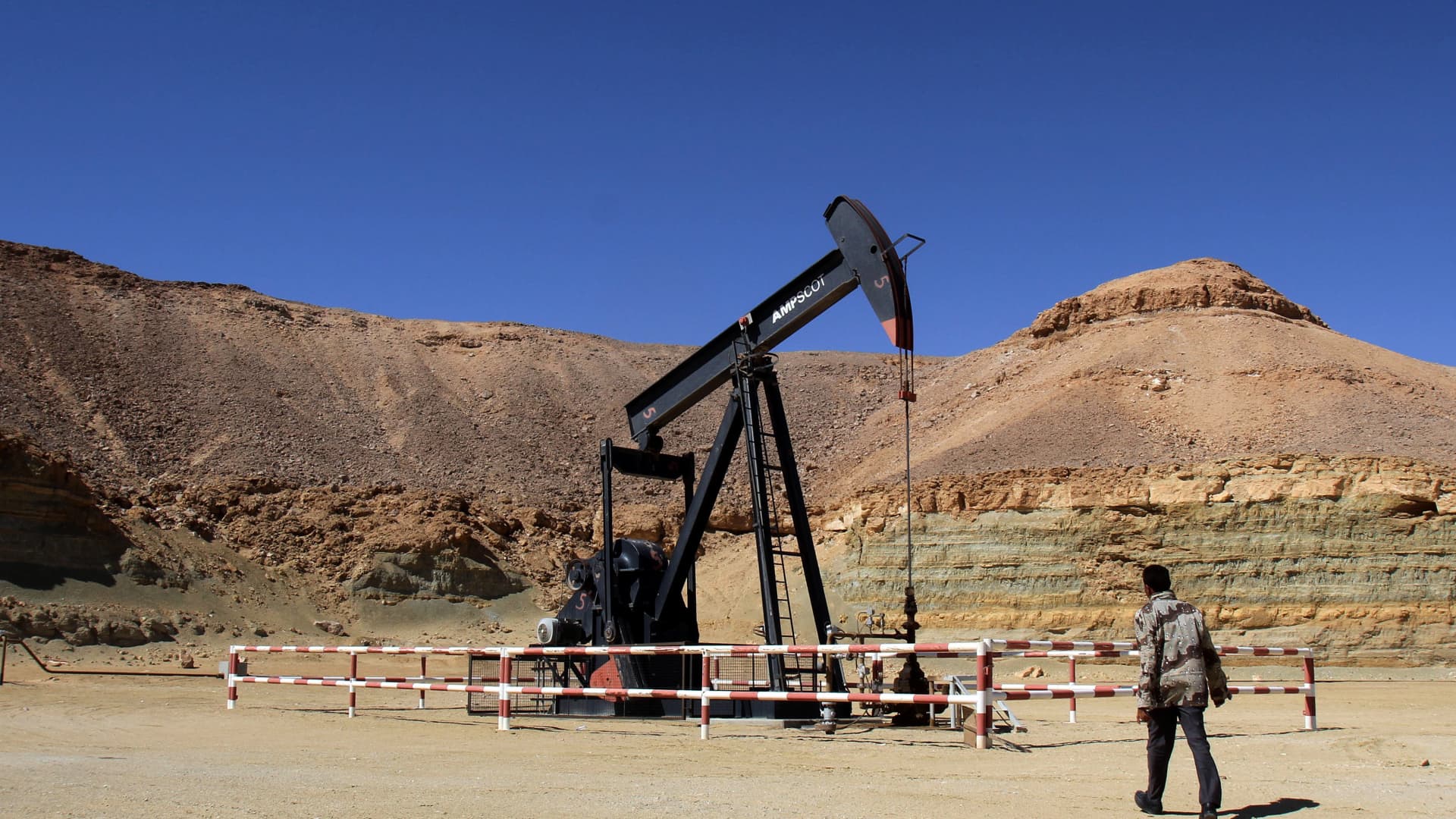

Finance
Oil Shale Definition
Published: January 2, 2024
Discover the meaning and significance of oil shale in the world of finance. Explore the definition and its impact on the financial industry.
(Many of the links in this article redirect to a specific reviewed product. Your purchase of these products through affiliate links helps to generate commission for LiveWell, at no extra cost. Learn more)
Understanding Oil Shale: A Dynamic Resource in the Finance Industry
Greetings, finance enthusiasts! In our quest to dive deeper into the world of finance, today we will explore an intriguing category: Oil Shale. But before we begin, let’s answer the burning question in your mind – What exactly is oil shale?
Oil shale is a naturally occurring sedimentary rock that contains a substance called kerogen. When heated, this kerogen can be transformed into a type of crude oil called shale oil. This unique resource has caught the attention of many investors and financial experts due to its potential for energy production and subsequent impact on various sectors.
Key Takeaways:
- Oil shale is a sedimentary rock that holds kerogen, which can be converted into shale oil.
- Investors are attracted to oil shale due to its energy production potential and impact on various sectors.
Now that we have a basic understanding of what oil shale is, let’s delve into why it has become an important topic in the world of finance. Here are a few key reasons:
1. Energy Investment Opportunities:
The extraction and production of shale oil from oil shale reserves provide attractive investment opportunities for the energy sector. As traditional crude oil reserves become depleted, oil shale offers an alternative source of energy. This potential shift in the energy landscape opens up vast opportunities for investors looking to capitalize on emerging energy markets.
2. Economic Implications:
The successful extraction and utilization of oil shale reserves can have far-reaching economic implications. Nations with significant oil shale resources can reduce their dependency on imported oil, bolster energy security, and contribute to economic growth. This potential for increased energy independence and economic stability attracts the attention of governments, corporations, and investors alike, as it offers the potential for long-term financial gains.
While the potential benefits of oil shale investments are enticing, it is important to consider the associated risks. The industry faces challenges such as high extraction costs, environmental concerns, and technological advancements required to extract and convert kerogen efficiently. These factors introduce a level of uncertainty that must be evaluated carefully before diving into the world of oil shale investments.
In conclusion, oil shale is a captivating yet complex resource that has garnered attention in the finance industry. Its potential for energy production and its long-term economic implications make it an intriguing sector for investors. However, it is crucial to approach oil shale investments with caution, considering the risks and uncertainties associated with its extraction and conversion processes. As the finance landscape continues to evolve, keeping a keen eye on oil shale and its impact on the world stage can prove to be a wise decision.














